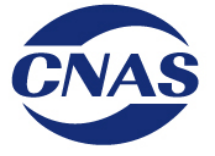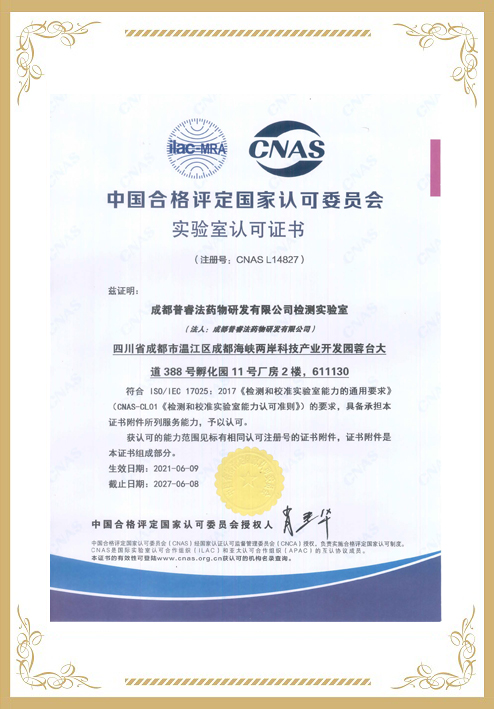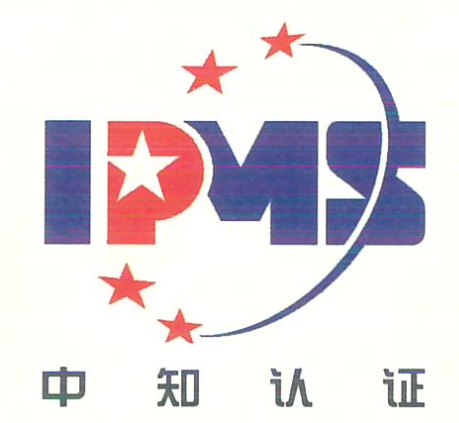在线咨询
联系电话:
销售:
400-829-7929(7*24小时)
028-
82633860
028-
82633397
028-82633165
技术服务和产品定制:
028-82633987
在线服务:
沈帅  文静
文静 
贺丹丹 


文献信息
Pseudolaric acid B exhibits anti-cancer activity on human hepatocellular carcinoma through inhibition of multiple carcinogenic signaling pathways
Abstract
Background
Pseudolaric acid B (PAB), a diterpene acid isolated from the root bark of Pseudolarix kaempferi, exhibits a potent anti-cancer activity in a variety of tumor cells.
Purpose
The present study was designed to evaluate the anti-cancer effects of PAB on hepatocellular carcinoma (HCC) cell lines in vitro, and to explore the underlying mechanism.
Methods
The anti-proliferative activity of PAB on HCC cells were assessed via sulforhodamine B staining, colony formation, cell cycle analysis, respectively. Apoptosis was detected using Annexin V/propidium iodide double staining and diamidino-phenyl-indole staining, respectively. Protein expression regulated by PAB treatment was tested by western blotting.
Results
The present results showed that PAB significantly inhibited the proliferation of HepG2, SK-Hep-1, and Huh-7 HCC cell lines in vitro with IC50 values of 1.58, 1.90, and 2.06 μM, respectively. Furthermore, PAB treatment repressed the colony formation in HepG2, SK-Hep-1, and Huh-7 HCC cell lines. Flow cytometry analysis revealed that PAB caused an obvious cell cycle arrest in G2/M phase and induced apoptosis with the induction of p21, Bax, cleaved-caspase-3, and cleaved-PARP in human HepG2 and SK-Hep-1 cells. Mechanistically, PAB treatment down-regulated the phosphorylation of STAT3, ERK1/2, and Akt. Moreover, abnormal GSK-3β/β-catenin signaling in HepG2 cells was remarkably suppressed by PAB treatment. Finally, proliferation markers including cyclin D1 and c-Myc, and anti-apoptosis proteins such as Bcl-2 and survivin were also down-regulated by PAB treatment in HepG2 cells.
Conclusion
Taken together, our results suggest that PAB exerts anti-cancer activity in HCC cells through inhibition of STAT3, ERK1/2, Akt, and GSK-3β/β-catenin carcinogenic signaling pathways, and may be used as a phytomedicine in the treatment of HCC.
… mechanisms were explored in the present study. Materials and methods. Chemicals and reagents. Pseudolaric acid B (PAB) was provided by Chengdu Biopurify Phytochemicals Ltd. (Chengdu, China). The purity (98.72%) of PAB used …























